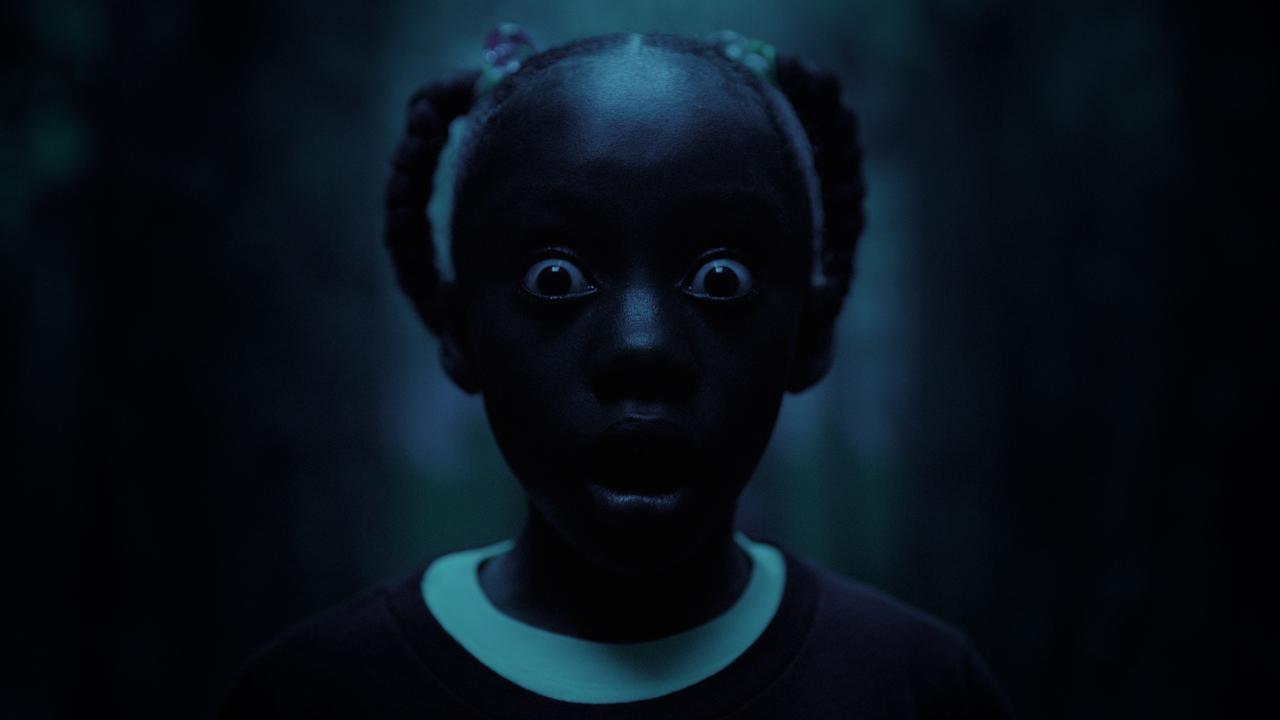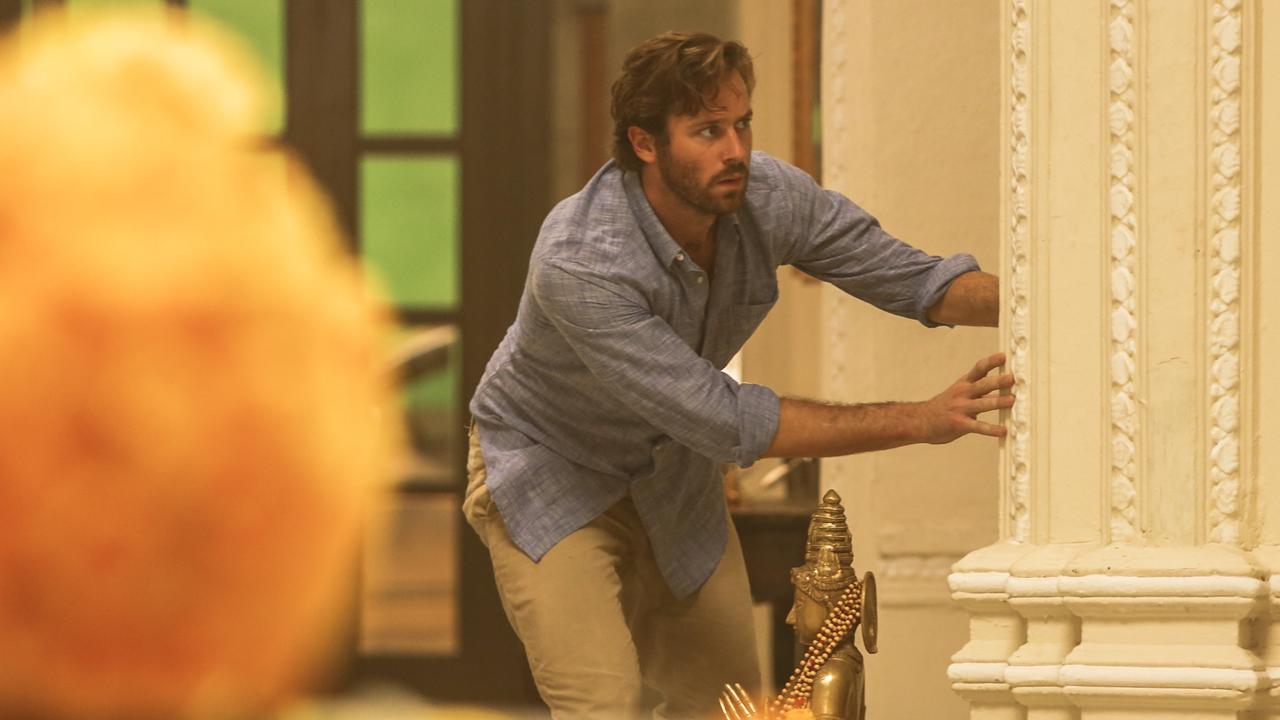Netflix wins Venice film festival’s favour
Three of the films in competition at the Venice film festival were produced by Netflix and two of those won major awards.
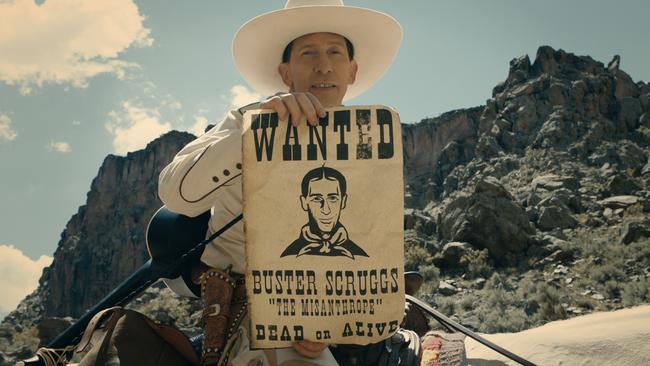
The main talking point on the Venice Lido during the 75th edition of the film festival has centred on Netflix.
Earlier this year Cannes rejected all the new Netflix productions because of the policy of the streaming service not to release its films into cinemas. Venice, on the other hand, embraced Netflix.
Three of the films in competition were produced by the streamer and two of those won major awards, including the coveted Golden Lion for Roma, a luminous black-and-white masterpiece from Alfonso Cuaron, who has worked successfully in Mexico and Hollywood.
The title refers to the suburb of Mexico City where Cuaron grew up, and the film is autobiographical to the extent that it’s a recollection of the director’s family and the live-in maid who cared for the children when their squabbling parents were otherwise occupied back in the early 1970s.
Rich in detail and lovingly made, this was unquestionably the finest film of the festival, but many bemoaned the fact most people would see it not in the cinema, where it certainly deserves to be seen on a big screen, but on television. Collectors also complained about the Netflix policy that, so far, has not resulted in any Netflix films being released on DVD or Blu-ray.
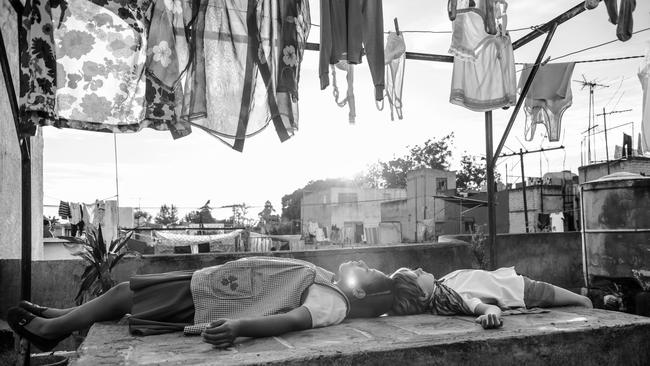
The other Netflix film to be prized in Venice was the latest from Ethan and Joel Coen, The Ballad of Buster Scruggs, an uneven western anthology that was awarded best screenplay. 22 July, Paul Greengrass’s powerful film about the 2011 attack on the Norwegian government and on a summer camp of youngsters, also a Netflix production, went home empty-handed.
The Silver Lion was awarded to The Favourite, a hugely entertaining movie from controversial Greek director Yorgos Lanthimos. Set in the court of Queen Anne in early 18th-century England, the wittily scripted affair explores the intrigues and rivalries that occur as two strong women (Emma Stone, Rachel Weisz) vie for the role as favourite of the queen (Olivia Colman, who won the best actress award).
The Australian entry, The Nightingale, the only film in competition directed by a woman, was the work of the talented Jennifer Kent (The Babadook). It is set in Tasmania during the early 1800s as an Irish convict (the magnificent Aisling Franciosi) relentlessly pursues a dissolute English officer (Sam Claflin) seeking vengeance for the crimes he committed against her family.
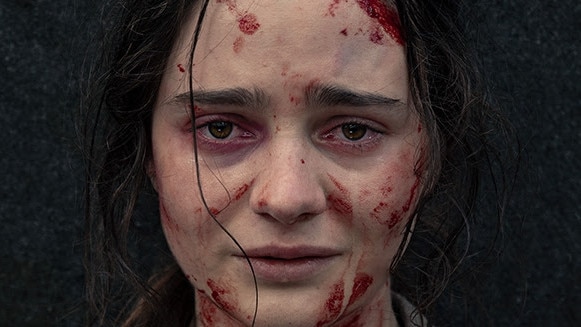
The film deservedly won the special jury prize, the same award won last year by Warwick Thornton’s Sweet Country, another fine film about this country’s violent past; and Aboriginal actor Baykali Ganambarr was awarded the Marcello Mastroianni prize for a performance by a promising newcomer as the young tracker who guides the woman through the impenetrable Tasmanian landscape.
French director Jacques Audiard won the best director prize for his revisionist western, The Sisters Brothers, in which John C. Reilly and Joaquin Phoenix play bounty hunters. And the best actor award went to Willem Dafoe whose portrayal of Vincent van Gogh is by far the best element of Julian Schnabel’s sloppy film about the great artist, At Eternity’s Gate.
On the whole it was a strong festival and one of the highlights, shown out of competition, was yet another Netflix film, The Other Side of the Wind.
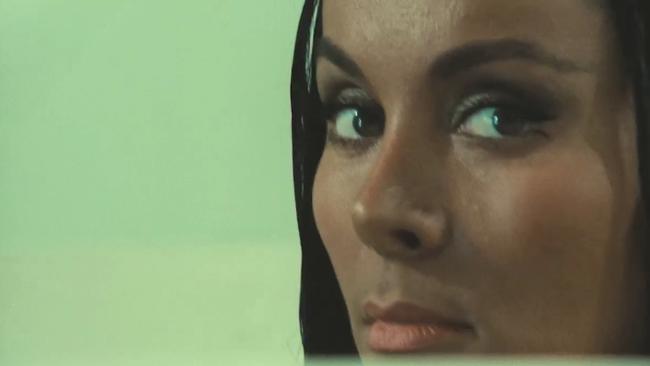
This was the legendary movie started by Orson Welles back in 1970 and never completed for a variety of reasons. For years there have been rumours that the mountain of footage shot by the director of Citizen Kane would be finally assembled, but various financial and legal impediments always stymied the efforts of Welles supporters. Now at last the film can be seen, with the material edited in keeping with the director’s notes and script.
John Huston plays a veteran film director, seemingly modelled more after Howard Hawks than Huston or even Welles. A veteran from the silent era, Jake Hannaford is shooting a movie he hopes will represent the values of the “new” 70s Hollywood — a movie with lots of sex and nudity (the footage we see makes this film within the film look more like the work of softcore sex maven Russ Meyer than Michelangelo Antonioni’s Zabriskie Point, which was presumably its inspiration).
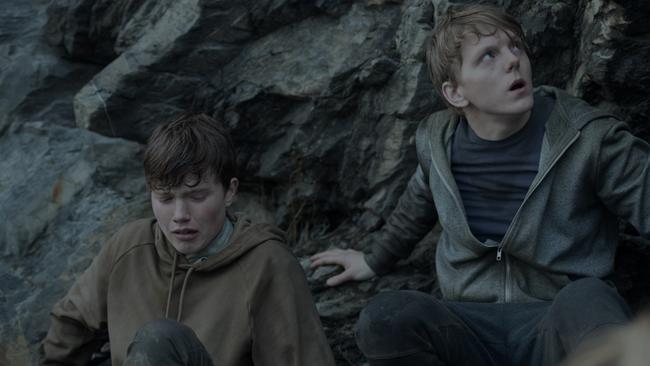
The voluptuous Oja Kodar, Welles’s partner at the time, appears in almost every scene and in one outrageous sequence seduces a handsome young man (Bob Random) in a car being driven through driving rain. Meanwhile, in scenes that alternate between colour and black and white for no obvious reason, the old director celebrates his birthday with a colourful bunch of acolytes and hangers-on, including hot young director Brooks Otterlake, played by Peter Bogdanovich who, at the time, was a hot young director. Susan Strasberg plays a waspish film critic apparently modelled on Pauline Kael, who was not a Welles fan.
All this is a treat for film buffs but hardly looks like the work of the man who made, in Citizen Kane, one of the greatest films of all time. It might have been a marginal art-house release but, thanks to Netflix, it soon will be streaming into homes around the world.

